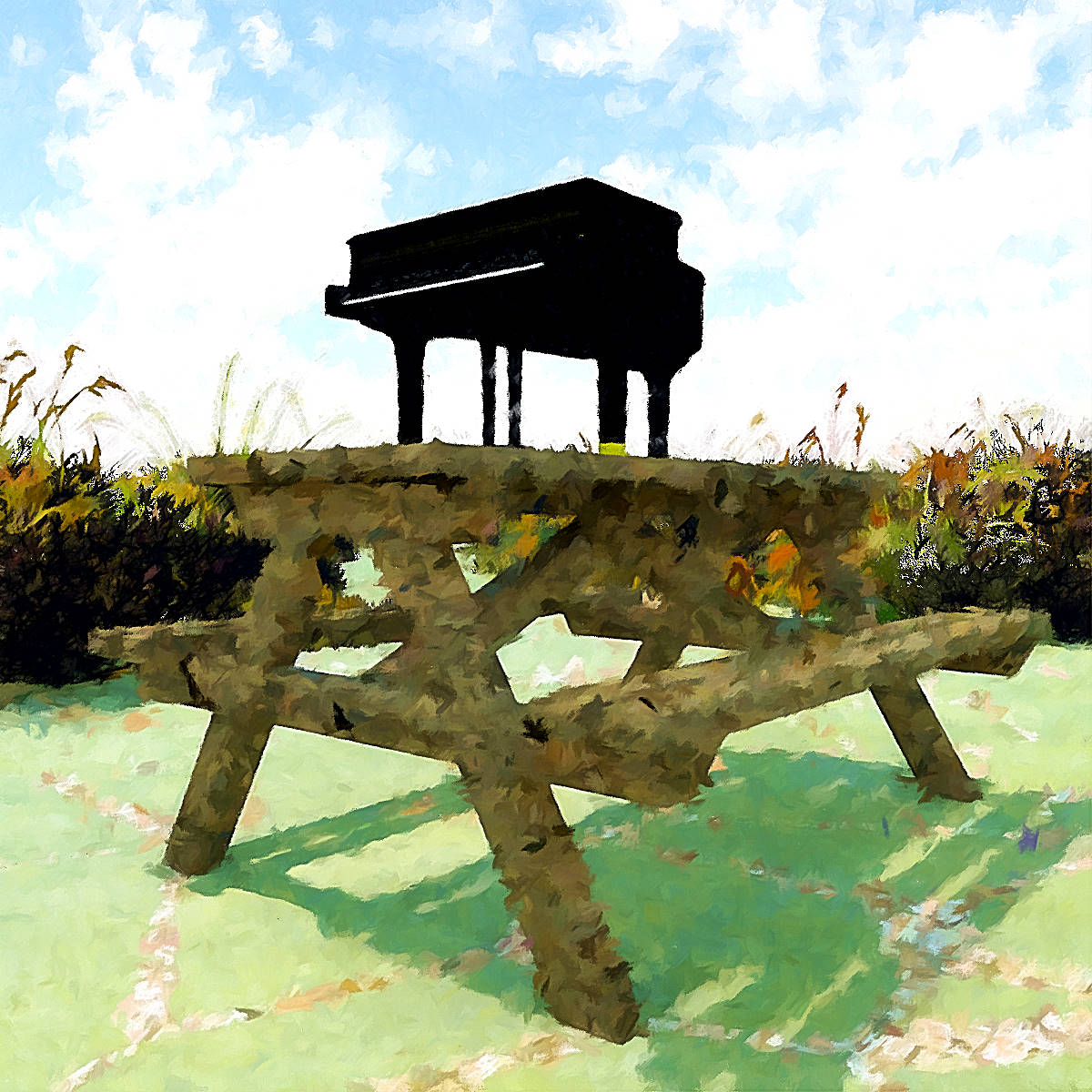Gear has limitations, right?
Please Remember:
The opinions expressed are mine only. These opinions do not necessarily reflect anybody else’s opinions. I do not own, operate, manage, or represent any band, venue, or company that I talk about, unless explicitly noted.

 Want to use this image for something else? Great! Click it for the link to a high-res or resolution-independent version.
Want to use this image for something else? Great! Click it for the link to a high-res or resolution-independent version.Pro Sound Web’s LAB (Live Audio Board) is a mine wherein may be found rich veins of knowledge. While extracting that ore, precious gems may be found: Glittering rocks of especially concentrated wisdom, convenient packages of conceptual crystals. When you find one, you can’t help but smile – and smile I did when someone (probably Tim McCullogh) brought up and illustrated the concept of PICNIC.
PICNIC is an acronym meaning “Problem In Chair, Not In Configuration,” and it encapsulates a stark reality of this business: There are people who can understand how to deploy a pro-audio system. They can understand how all the different parts of a mixing console operate to route audio to destinations. They can understand what all the knobs do. Yet, they can’t seem to coax a pleasing result out of even the most capable system. Much like a person who could identify every part of an aircraft but never successfully take off, they “just don’t have a feel for flying.”
Our gear is a tool, and at the most basic level, any tool is a force multiplier. An input force is modified in some way to create an output that would be difficult or impossible otherwise. If the system gets bad input, it will inevitably transform that input into bad output. If an operator fundamentally misunderstands the problem they are trying to solve, or misreads what solution is appropriate, the gear won’t save them. It may be possible for their worst impulses to be attenuated, but an operator who can’t suss out what makes a band sound like a band will have the same problems at all scales. Worse, at large scale their inabilities may become painfully magnified. Give a poor driver an underpowered runabout car, and they can only get into so much trouble. Hand them a Lamborghini, though, and they remain a terrible operator…but now they can accelerate out of control and crash with frightening rapidity and force.
So, what’s a PIANO, then?
It’s an idea I came up with after hearing the PICNIC acronym, and it means “Problem Is Acoustical, Nothing Other.”
Here again, is a reality imposed by the limits of our equipment. All sound reinforcement is, by harsh necessity of physics, an additive process. We can impart zero additional energy to an acoustical event, or we can impart some non-zero addition, but we can’t reduce the “starting” energy. That’s imposed on us as a rigid condition, changeable only by modifying the environment where the event is happening. Even such trickery as directional subwoofer arrays don’t subtract energy from the equation. Rather, they involve putting even MORE energy into the environment, such that the additional energy will cancel the perceived effects of other energy.
I’ve been in PIANO situations tons of times, and you probably have been as well. There we were, with plenty of system capability at our disposal and no way to use it to our advantage meaningfully. To our great dismay, different parts of our capable system might actually have worked against us. That nice, loud monitor rig we brought might be killing our night, because the process of making all the noise the band could want is overcoming the main PA’s contribution. If the band needs that amount of acoustical energy in the room, then we’re stuck. Our only option for modification is to add more energy, possibly running out of FOH capacity because of the sheer force of our starting point, or overwhelming the audience with intensity, or both.
Whether it’s a PICNIC or a PIANO (or both), our equipment can’t be more than it is or less than it is. We can be tempted to try to fix the problem with additional or different toys, but in the end we’ll be always disappointed if we’re not addressing – or even understanding – where things are going wrong.